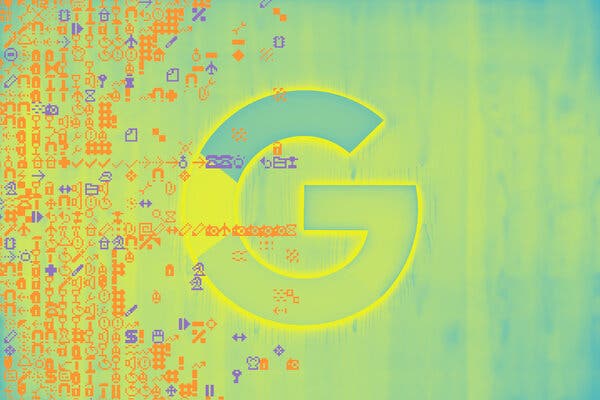Bard, Google’s newest chatbot, is a promising AI advancement. While it is still in the early stages of development, Bard has shown potential in answering questions and being more accurate and conversational than other chatbots. However, it lacks the ability to generate human-like text and tackle more complex tasks. The rise of AI, including chatbots like Bard, raises concerns about job displacement and the potential for AI to be used for malicious purposes. Despite this, AI has many potential benefits, including assisting us in making better choices, improving healthcare outcomes, and reducing our environmental impact. Collaboration and ethical considerations are crucial in ensuring that AI is used in a responsible and beneficial manner. The important keywords related to this content include AI, Bard, chatbot, Google, and machine learning.
Bard Fork: Google’s Chatbot and the Rise of AI in Our Lives
Google’s new chatbot, Bard, has recently been launched and is set to make a significant impact in the world of AI. This article explores Bard’s capabilities and how AI is gradually taking over our lives.
Bard: Google’s Solution to ChatGPT
Bard is Google’s response to ChatGPT, a massive language model that has taken the AI community by storm. ChatGPT’s ability to generate human-like text has been commended, but it has also been criticized for being inaccurate and prone to spreading misinformation.
Bard, on the other hand, has been designed to be more reliable and accurate. While it may have been trained on a smaller dataset, it is also more focused on specific tasks like answering questions and providing information.
What Bard Does Well
Bard is highly skilled at answering questions related to specific topics like history, science, and geography. It can also give information on current events and news stories.
One advantage Bard has is its accuracy. It employs machine learning and natural language processing to grasp the context of a question and deliver a precise response.
Bard is also highly conversational. It can comprehend complex sentences and respond naturally, making it easy for users to communicate with.
What Bard Doesn’t Do Well
While Bard is great at answering specific questions, it lacks ChatGPT’s ability to generate human-like text. This means it may not be ideal for writing articles or creating creative content.
Another limitation of Bard is that it is still in its early development stages. Although it has demonstrated promise in answering questions, it is not yet equipped to manage more complex tasks like scheduling appointments or booking flights.
The Rise of AI in Our Lives
Bard is just one of the many AI examples becoming increasingly integrated into our daily routines. From virtual assistants like Siri and Alexa to self-driving cars and smart homes, AI is transforming the way we live and work.
However, the increased use of AI raises concerns about job displacement. As more duties become automated, fewer employment opportunities may be available for humans.
Another concern is that AI could be used to spread false information or manipulate public opinion, as seen in the use of social media bots to spread fake news and influence elections.
Nevertheless, there are many potential benefits of AI, including assisting us in making better choices, enhancing healthcare outcomes, and decreasing our environmental impact.
Conclusion
In conclusion, Bard, Google’s new chatbot, may prove to be a game-changer in AI. It has several benefits, including being accurate and conversational, but it also has its limitations. The increased use of AI raises concerns about job displacement and the potential for AI to be used to spread false information. However, there are also many possible benefits, and we must find a way to balance them against the risks as we continue to embrace AI in our lives.
The Promise and Limitations of Bard and the Importance of Ethical AI
Bard, Google’s latest chatbot, is an exciting AI advancement, but it is still in the early stages of development. Although it has shown potential in answering questions, it is not yet capable of handling complex tasks.
As AI becomes more integrated into our daily lives, it is crucial to evaluate both the potential benefits and risks. Collaborating can ensure that AI is used in a responsible and ethical manner, which benefits everyone.
Don’t miss interesting posts on Famousbio









